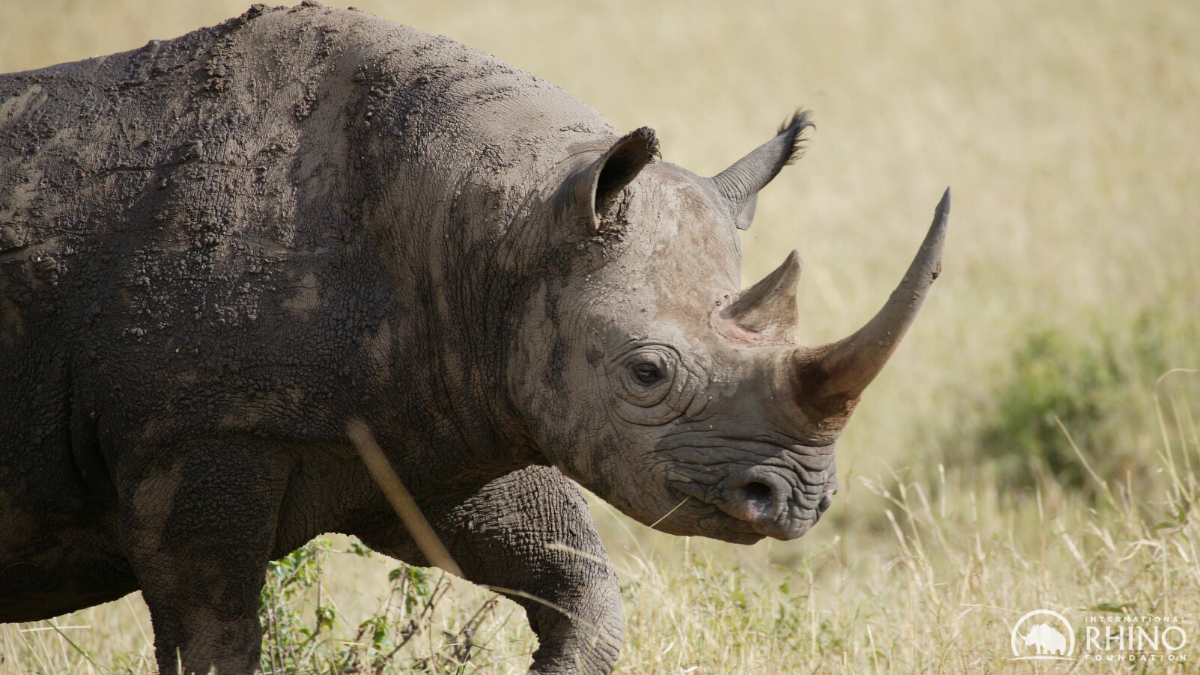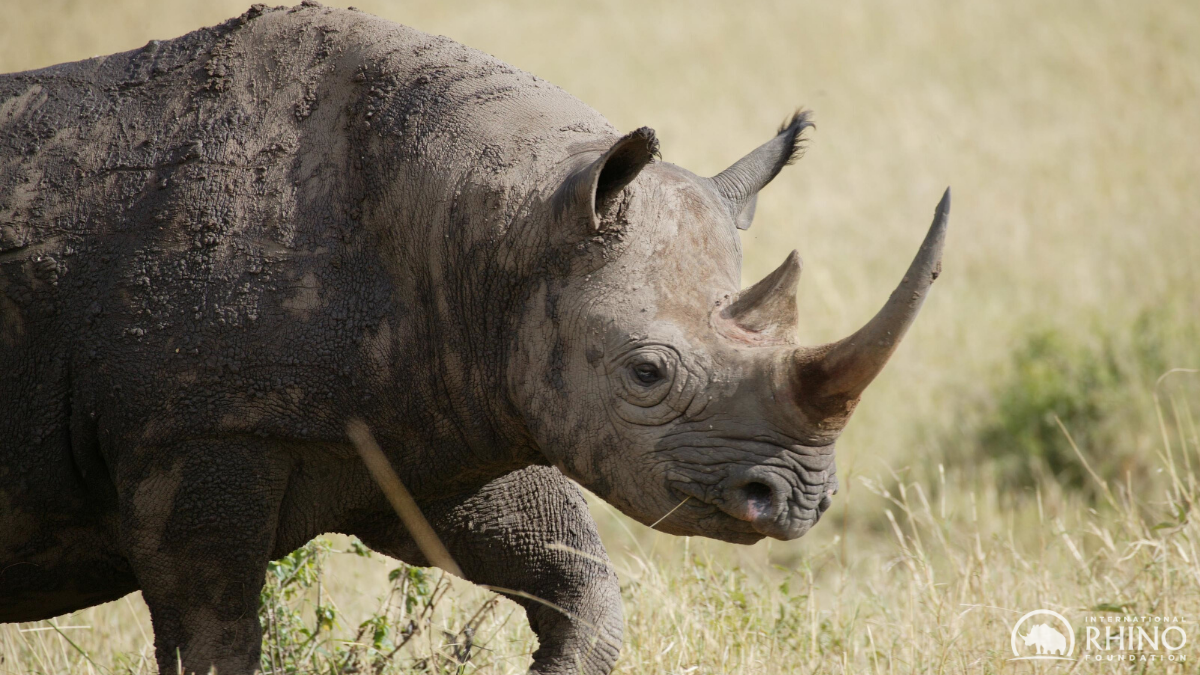Conservation Is Not Cancelled

It has been an incredibly strange and sometimes scary few weeks with a lot of uncertainty, but we’ve been working very hard to ensure that all the members of our IRF family – our staff and partners around the world – are healthy and safe, and that they can continue to keep rhinos safe, even during this crisis.
Over the coming weeks, we will keep you informed about what we are doing to protect our staff and partners, how this situation is impacting rhino conservation, and how we will make sure that rhinos and their habitats continue to be secure. We hope we can also provide you with some inspiration (and possibly some distractions) during this difficult time by sharing stories from the field.
In addition to field updates, keep an eye out for some educational materials for kids, talks that will interest both adults and children, rhino photos that we all love, and maybe a virtual event or two. If you have not already, connect with us on Facebook, Instagram, Twitter or YouTube for our latest updates.
IRF’s core values – integrity, collaborative, adaptability, sound decision-making, and commitment – are at the heart of everything we do. Now more than ever, these fundamentals are vital to our work ensuring the survival of the world’s rhinos. We might have to alter some projects and some timelines, but conservation is not cancelled.

As of March 19, 2020, here are the latest updates from our field staff and partners all over the world:
INDIA
India has restricted travel throughout the country in an effort to mitigate the spread of the COVID-19 outbreak. Kaziranga National Park, home to the majority of greater one-horned rhinos, is now closed to visitors. The final translocation under the IRV2020 plan, which was to take place at the end of this month, has been postponed as a result of these restrictions.
Read more about the 15-year history of IRV2020.
All but one of our wildlife crime trainings for forest guards (rangers) was completed before the travel ban. The final training was planned for Manas National Park and was to coincide with the translocation, therefore it has been postponed as well. Ongoing wildlife crime investigations are uninterrupted.
Patrol and monitoring activities remain in place to protect the rhino populations.
INDONESIA
Project activity continues in the country and no restrictions have as yet been put in place. All Rhino Protection Units, including the new Marine Patrol featured last month, are still actively protecting the populations of Javan and Sumatran rhinos in Ujung Kulon, Bukit Barisan Selatan, and Way Kambas National Parks.
All of the rhinos and staff at the Sumatran Rhino Sanctuary are well. Like animal facilities all over the world, there is no work-from-home option, so the staff remains dedicated to providing optimum care for the resident rhinos. As keepers and vet staff are washing their hands frequently, the rhinos have their own definition of keeping clean. We do not recommend using Harapan’s hand washing method, but we do recommend watching this video of him enjoying his new wallow:
SOUTH AFRICA
The country was recently put on lockdown. No international travel is permitted and schools have closed as well. Our partners at Stop Rhino Poaching are concerned that the virus may seriously impact local communities, especially in rural areas with less access to healthcare.
It is too soon to tell, but the recent mitigation measures by the government could actually have a positive impact for rhinos in the country. There is hope that travel restrictions could lead to a drop in poacher activity and incidents. So far security teams haven’t seen significant changes in activity one way or the other; -the next week or two should provide more of an indication. Either way, security teams and anti-poaching patrols remain dedicated and steadfast– this is not the time to become complacent.
ZIMBABWE
As of this writing, the Zimbabwe government has declared a national emergency despite having zero cases of COVID-19 currently. In Zimbabwe, food and fuel scarcity is an everyday reality. As such, IRF’s partner, the Lowveld Rhino Trust (LRT), is taking precautions and that includes searching out supplies that are often unattainable – even staple foods like mealie meal are getting harder to find. Our staff is putting in extra effort to make sure monitoring teams and their families have adequate food and supplies during this time.
Conservation planning and rhino management meetings have gone virtual in the country, which is another challenge. Internet and phone coverage is sporadic and that often causes stops and starts.
The good news is right now there is no significant change to LRT’s daily operations. Rhinos in the field continue to be monitored and tracked and young animals under rehabilitative care continue to be looked after as normal.
The LRT team is resourceful and resilient on regular days, and IRF will do whatever we can to support them in what may lie ahead with COVID-19.
These are uncertain times but all the IRF staff will do its best to make sure our staff and partners around the world stay safe and that operations run as smoothly as possible. We’ll continue to check in with field teams on a regular basis and keep you informed of any programmatic changes.
Please follow us on social media and sign up for our monthly e-newsletter to get full reporting on our rhino programs.
